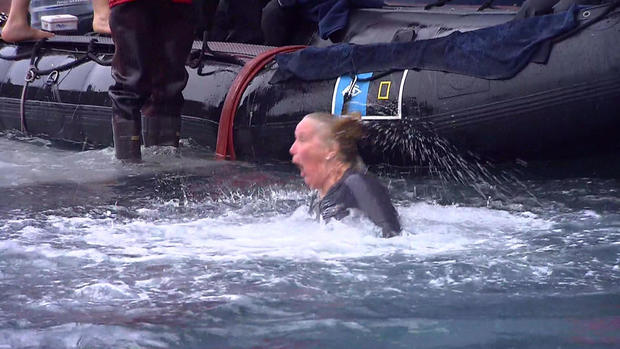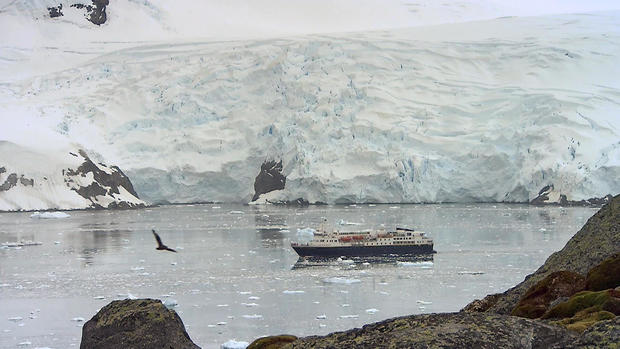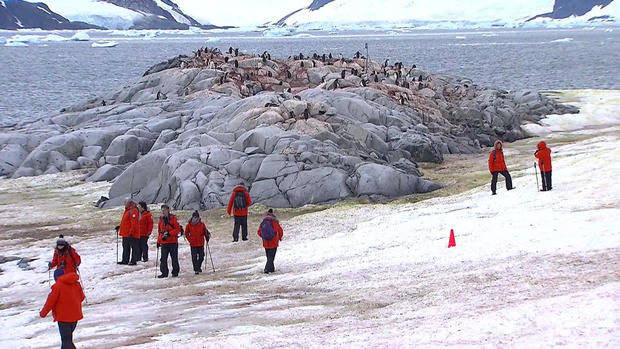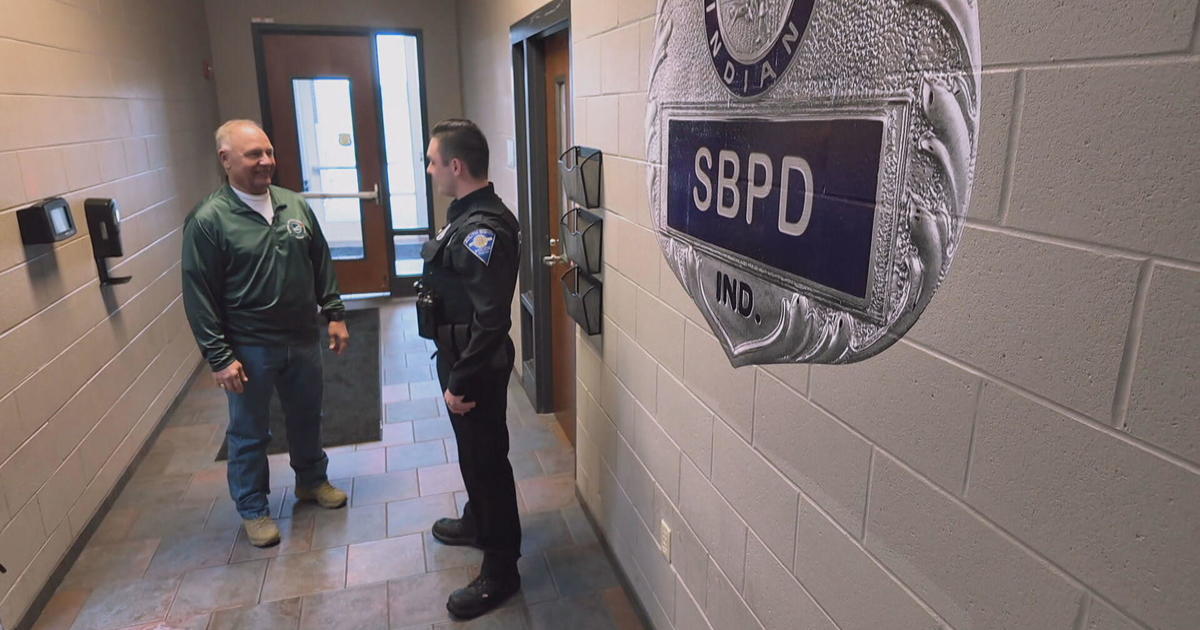Climate Diaries: Is eco-tourism the future of science funding?
ANTARCTICA -- There are things you can do as a tourist here that you can’t do anywhere else. A plunge into the freezing Antarctic Ocean water is something you may only want to try once.
But encounters with the Antarctic wildlife are something you may want to do over and over again. These trips are called expeditions, not cruises, for reasons that go beyond marketing.
And with climate-change skeptics in the White House, they may be a new model for how scientific research gets paid for in the future.
Renowned Antarctic ice scientist Ken Taylor says word is already out that there will be less research money available from this administration.
“We’ve already gotten indications from our federal funding agencies, particularly the National Science Foundation, that we should anticipate budget cuts,” Taylor said. “It didn’t take very long after the election for that word to come down.”
Even when research is government-funded, the money often doesn’t go far enough, even now.
John Durban, an employee of the NOAA Fisheries department, uses a drone to check on the health of Antarctic whales. But there’s no way he and his co-researcher Holly Fearnbach could be here if they didn’t get a ride from the tour operators.
“It costs hundreds of thousands of dollars if you’re going to charter a research vessel,” Durban said. “It’s a wonderful relationship that we have.”
The tourists are effectively funding the science.
And many, like Lori Fey from Austin, who’s up for just about anything, say they are willing to pay a premium to do so.
“I really think it’s a shame that the science is in the crosshairs of politics … because it doesn’t take much to understand that we are having a detrimental effect, collectively, on the world,” Fey said.
They come here for the experience, and they leave with more than memories. They leave with knowledge.
The scientists on board give the tourists a sense of purpose, and if it weren’t for the tourists, the scientists wouldn’t be here. It’s a marriage made in heaven.







